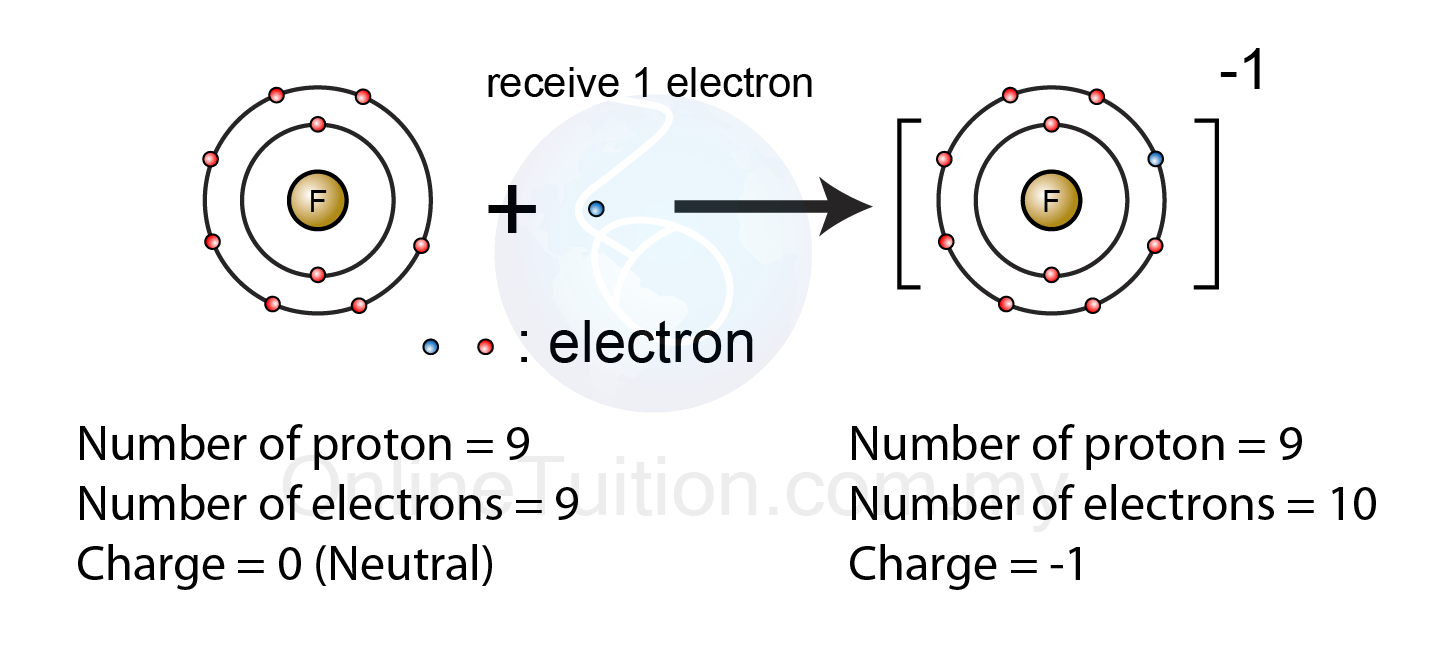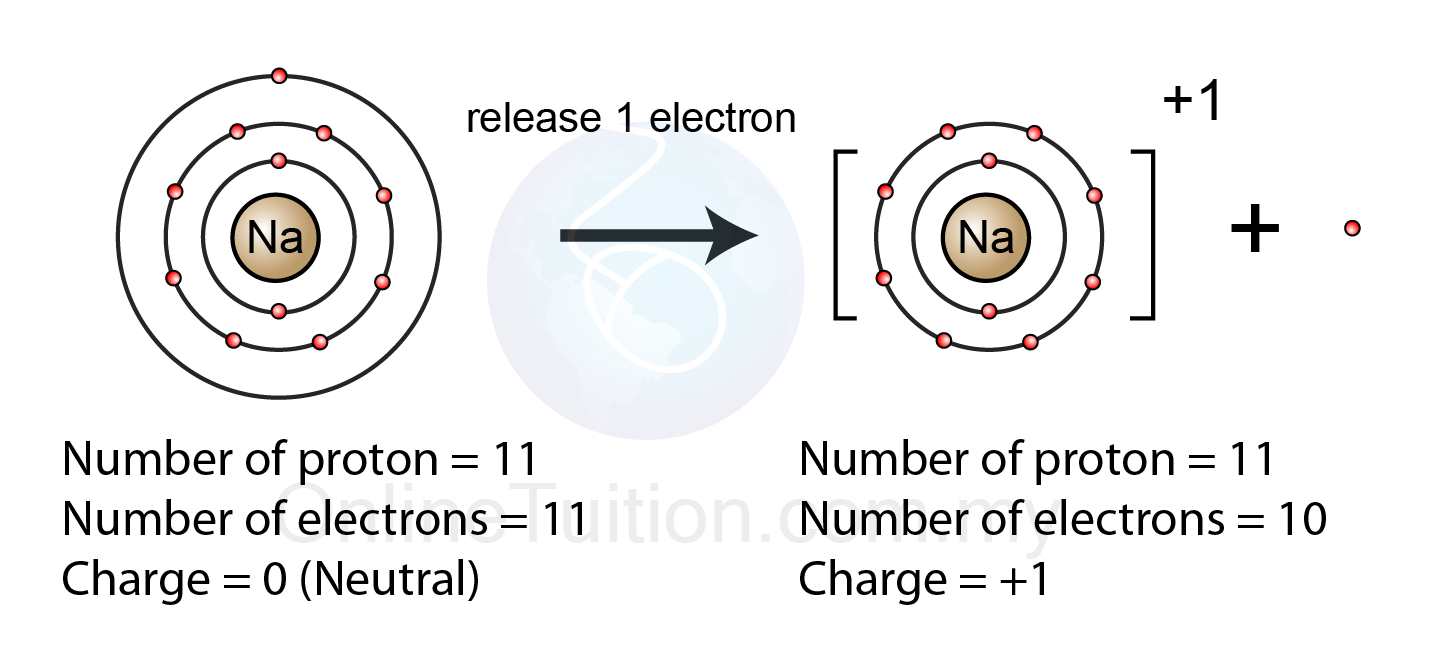How Do Positive And Negative Ions Form
Ch104: chapter 3 – ions and ionic compounds – chemistry Positive and negative ions: risks and benefits 5.2.1 formation of ion – revision.my
Cations and Anions: Definitions, Examples, and Differences
What are the two types of ions and how are they different What happens if an atom is not neutral? Negative ions fluorine atom electron pembentukan fluoride formed anion negatif spm ionic receives skool chem
Ion positif positive atom pembentukan electron sodium ions cation ionic spm natrium bond losses contoh
Ions negative ion risksIons types two different cations cation they anions aplustopper What are negative ions?Ion ions wealth.
Atom ion neutral charged if ions electrons form not negatively socratic will happens slideshare answer gains than anion protons positivelyNegative ion ions napkin Ions negative lenard explanations ironyHealth benefits of negative ions.

Periodic table which groups of elements tend to form positive ions
Ions ion ppt charge compound charges formula present powerpoint presentation atomsFormation of negative ions Ions periodic tend chemistry ionicPositive ions formation formed fairly electron actually taking easy weebly.
Negative ions bonding continued ionic binding crystal ppt powerpoint presentation neutral fact electrons gained atom due always larger ve thanAll about positive and negative ions? Chemistry ion sodium ions ionic bonding compounds charge atom electrons formation simple has electron positive transfer br losing equation singleFormation of positive ions.

Ions & lenard effect
Ions negative air explained positive science bionic research example effectAnions cations Ion negative ions positive electrons anion difference between formation which charges charge cation atoms vs anions shells fluorine has shellSolved:how do positive ions and negative ions form?.
Healthy wealth: why negative ions are so good for the bodyWhat is an ion? Octet ruleCations and anions: definitions, examples, and differences.

Ions positive negative rule octet atoms electrons molecules neutral science do model form formed element than while
.
.


What happens if an atom is not neutral? | Socratic

CH104: Chapter 3 – Ions and Ionic Compounds – Chemistry

What are Negative Ions? - Amethyst Richway BioMat

Health Benefits of Negative Ions

All about positive and negative ions?

5.2.1 Formation of Ion – Revision.my

What are the Two Types of Ions and how are they Different - A Plus Topper

Cations and Anions: Definitions, Examples, and Differences